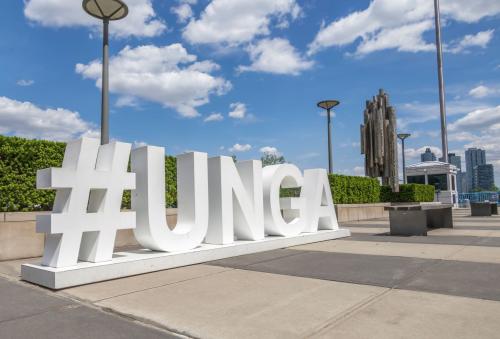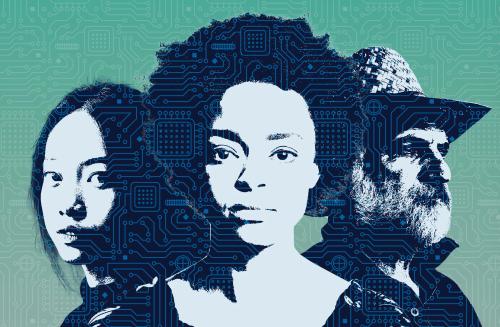Over the past two decades, the Puget Sound area’s innovation-driven economy has become a magnet for highly educated people from across the country and around the world. Drawn to the region by some of the nation’s most innovative companies—Microsoft, Boeing, Nintendo, Amazon, Genentech and the Fred Hutchinson Cancer Research Center, to name a few—the Puget Sound region ranks well on measures of educational attainment. Of the nation’s largest 100 metro areas, the Seattle-Tacoma-Bellevue area is 11th in bachelor’s degree holders and 17th in graduate degree attainment.
But for all its brainpower, the region has fallen behind in terms of cultivating homegrown talent, particularly in less affluent school districts located in South Seattle and South King County. Starting from an early age, low-income students and children of color in these communities tend to lag behind on important indicators of educational success. The effects of this achievement gap worsen with time, putting these students at a serious disadvantage that often affects their ability to find jobs and their earning potential.
In an effort to address this achievement gap, the Community Center for Education Results has teamed up with the city of Seattle, the University of Washington, the Seattle Community Colleges District, the Puget Sound Educational Service District, the Bill & Melinda Gates Foundation and others to form the Road Map Project, a coalition working to double the number of South Seattle and South King County students pursuing a college diploma or career credential by 2020.
What’s innovative about the Road Map Project is its focus on collective action and community engagement. By bringing together key stakeholders to collaborate on shared goals, the project is creating a new model for efforts to reduce inequality in educational attainment. Its cradle-to-college-and-career approach aims to improve student outcomes beginning with access to prenatal care and kindergarten readiness all the way through to elementary and secondary schooling and beyond. Through a combination of community outreach and partnership building, data-driven goal-setting and performance management, the project supports area organizations working to boost student success and close the achievement gap in South Seattle and South King County.
In December, the Project released its baseline report, which provides a detailed snapshot of student achievement in the Road Map region during the 2009-2010 school year. With this initial data in hand, the project will be able to work with area organizations to encourage and track progress on a wide variety of indicators, ranging from birth weight and full-day kindergarten enrollment to proficiency in reading, math, and science, parent engagement to graduation rates and postsecondary enrollment. “Demographics should not determine the destiny of children in this region,” says Mary Jean Ryan, executive director of the Community Center for Education Results. “The children who grow up here deserve as good of an education as the people who show up here.”






Commentary
Targeting an Achievement Gap in One of the Country’s Most Educated Metros
January 19, 2012